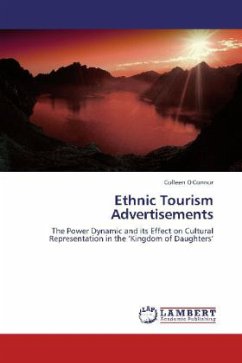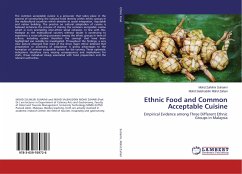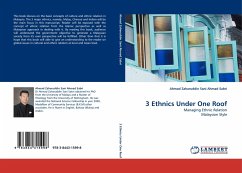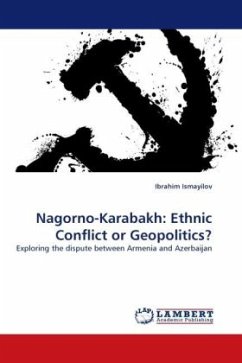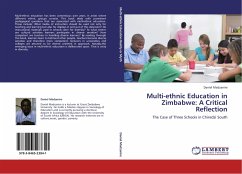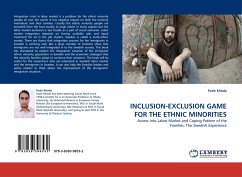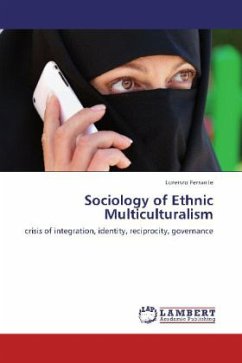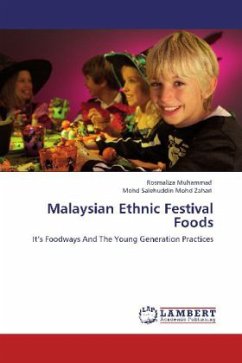This work explores ethnic tourism concepts of authenticity and cultural commodification using tourism advertisements aimed at the Mosuo ethnic group in China. One of the preliminary steps in attracting tourists to visit a tourist destination is advertising. Since advertisements are integral to the ethnic tourism process, consequently, one must question how cultural producers represent Mosuo culture to prospective customers? What images and language patterns do advertisers commonly use to portray the Mosuo? By examining previously published works, studying sociological and anthropological concepts, and incorporating previous fieldwork, this thesis explores how a Chinese ethnic group is advertised and how this affects their society. This research is considered a case study and adds to the work of other ethnic tourism scholars conducting content analysis on advertising s role in constructing perceptions of ethnicity, culture, sexuality, and authenticity. Though the sample is small, the results suggest that certain language is closely associated with Mosuo media portrayal and that imaged locals and Lugu Lake are often utilized as a sexualized commodity.
Bitte wählen Sie Ihr Anliegen aus.
Rechnungen
Retourenschein anfordern
Bestellstatus
Storno

